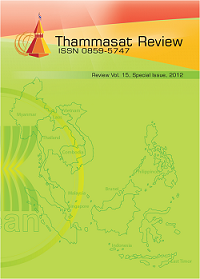A Comparative Analysis of the Philippine and Malaysian Legal Systems against Trafficking in Persons
Abstract
The paper aims to analyze the issue of human trafficking in the Philippines and Malaysia from the viewpoint of the legal transplant theory and holistic development perspectives. It clarifies how the international legal framework on trafficking encapsulated in the Palermo Protocol patterned after United States “Three P” model
was transplanted into the two countries. It analyzes how their anti-trafficking laws were implemented in response to the former. It evaluates their efforts against trafficking with reference to the UN Toolkit to Combat Trafficking. It proves the need for a holistic
approach to development policy formulation for eliminating the economic and social conditions that promote trafficking and that the US framework with emphasis on prosecution diverts attention away from this. It concludes that the trafficking laws in both countries being legal transplants may account for its ineffectiveness.
Downloads
How to Cite
Issue
Section
License
The opinions and ideas expressed in all submissions published in Thammasat Review are solely that of the author(s) and do not necessarily reflect that of the editors or the editorial board.
The copyright of all articles including all written content and illustrations belong to Thammasat Review. Any individuals or organisation wishing to publish, reproduce and distribute a particular manuscript must seek permission from the journal first.








